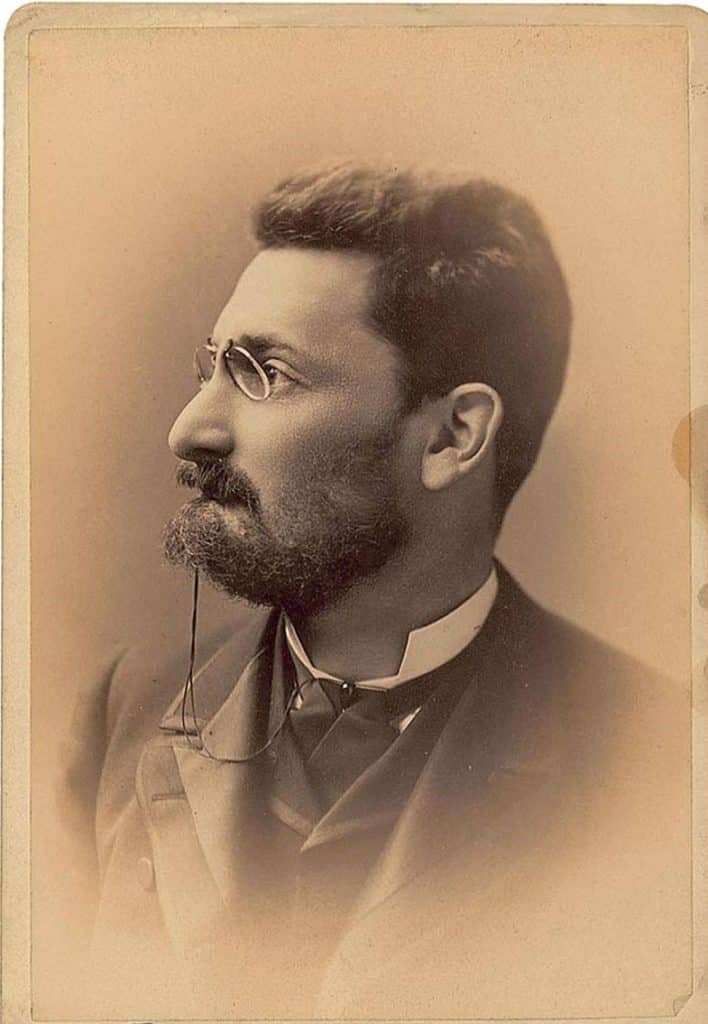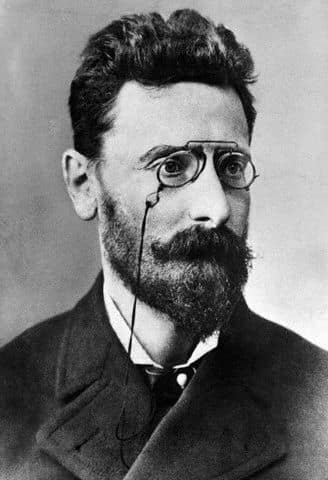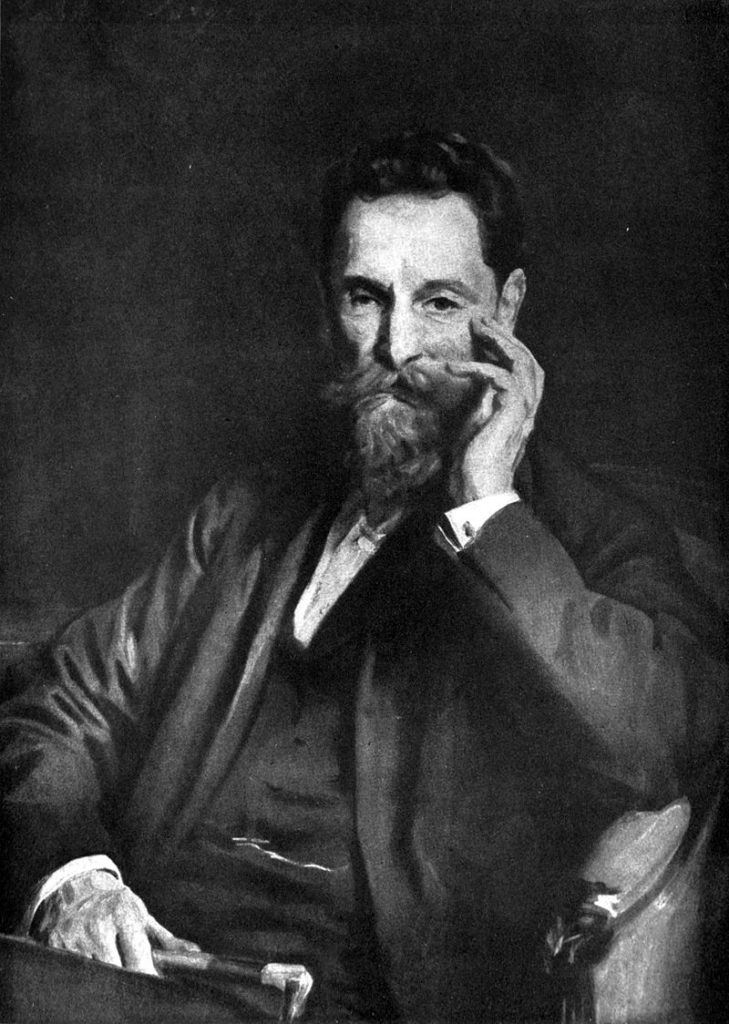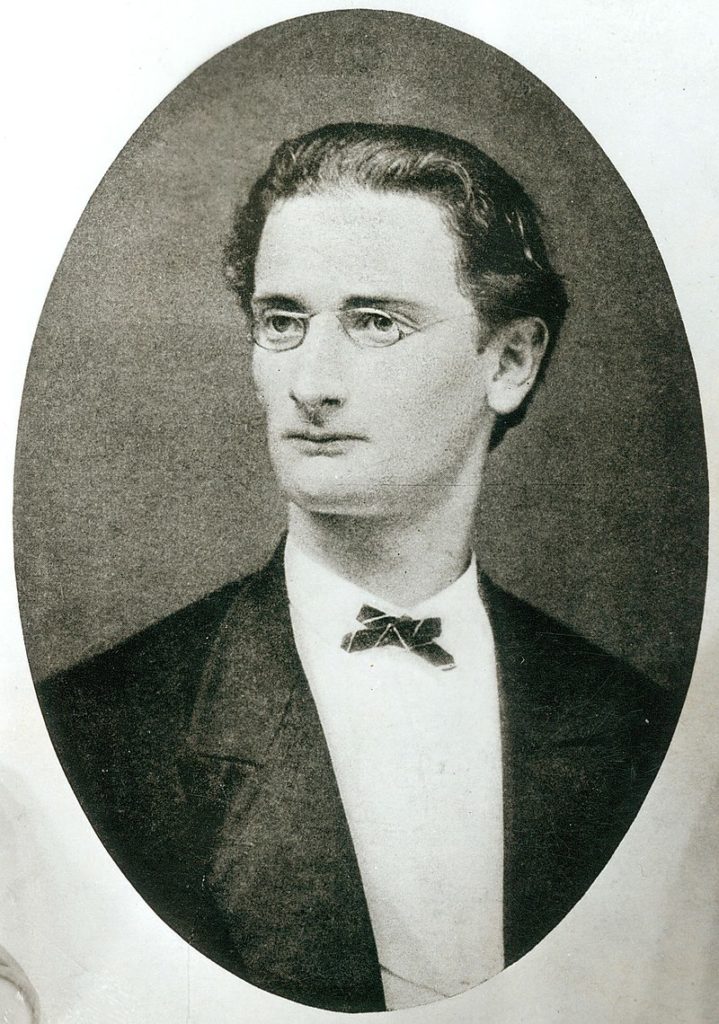The story of the Hungarian man who introduced modern newspapers to the USA
Newspapers were essential media back in the day when there was no Internet and television. Many types and genres of paper were printed day by day and sold to millions of people who got informed about the latest news happening in their home countries and around the world. In the United States of America, an immigrated Hungarian man helped the country to introduce modern newspapers. He later became a sensation, and even an award was named after him.
Joseph Pulitzer (born as Pulitzer József) was born on April 10, 1847, in a Hungarian town called Makó, to a Jewish family. His father was a respected and popular businessman who retired from his job when Joseph was six years old. After retiring, he decided to move his family to Pest where Pulitzer was educated by private tutors, from whom he learned to speak German and French. Tragically, five years later, his father died, and his prominent business went bankrupt. The family was left in poverty and did not know what to do to earn money. The thin Joseph, who had weak lungs, decided to become a soldier and join the forces in order to earn some money to provide for his family. He was turned down immediately.

In 1864, he left Hungary and emigrated to the United States and became a soldier in the Union army during the Civil War (1861–65), when Northern and Southern American states fought mainly over the issue of slavery. After the war, the tall, red-bearded youngster had no job and settled in St. Louis, Missouri, where there was a large German population. Pulitzer worked as a waiter, taxi driver, and a caretaker of mules before getting a job as a reporter on a newspaper called the Westliche Post.

A short time after joining the Post, Pulitzer was nominated for the state legislature by the Republican Party. His campaign was considered a long shot because he was nominated in a Democratic district. Pulitzer ran seriously and won. In the legislature, he fought graft (illegal gain) and corruption (improper conduct by elected officials). In one wild dispute, he shot a man in the leg for saying that he had written an untrue story in the newspaper. Pulitzer escaped punishment with a fine that his friends paid. He was hard-working and ambitious. He bought the St. Louis Post for about $3,000 in 1872. He also bought a German paper and sold it at a $20,000 profit. These profits helped pay for his political activities and for law school. By 1876, Pulitzer was allowed to practice law in Missouri, but he gave it up in 1878.

In 1883, Pulitzer purchased the New York World for $346,000 from businessman Jay Gould. The prominent American newspaper had been losing $40,000 a year and was close to complete disappearance. To raise circulation, Pulitzer emphasised sensational stories: human-interest, crime, disasters, and scandals. He also promised to use the paper to expose fraud, fight all public evils and abuses, and battle for the people with sincerity. He used one of his artists, Richard F. Outcault, to create cartoons depicting life in the slums. They were extremely popular with the readers; sales reached 600,000, making it the largest-circulating newspaper in the country.
Although he was wealthy and well-known in the States, and his business was the number one settlement in the country, he paid a serious price for it. His health started to get worse day by day, and he even started to lose his sight. Pulitzer died aboard his yacht in the harbour of Charleston, South Carolina, on October 29, 1911. In his will, he provided two million dollars for the establishment of a school of journalism at Columbia University in New York City.

Also, by the terms of his will, the prize bearing his name was established in 1915. Pulitzer Prizes are awarded every year to honour achievements in journalism, literature, and music.
Featured image: www.facebook.com/asijiasi





